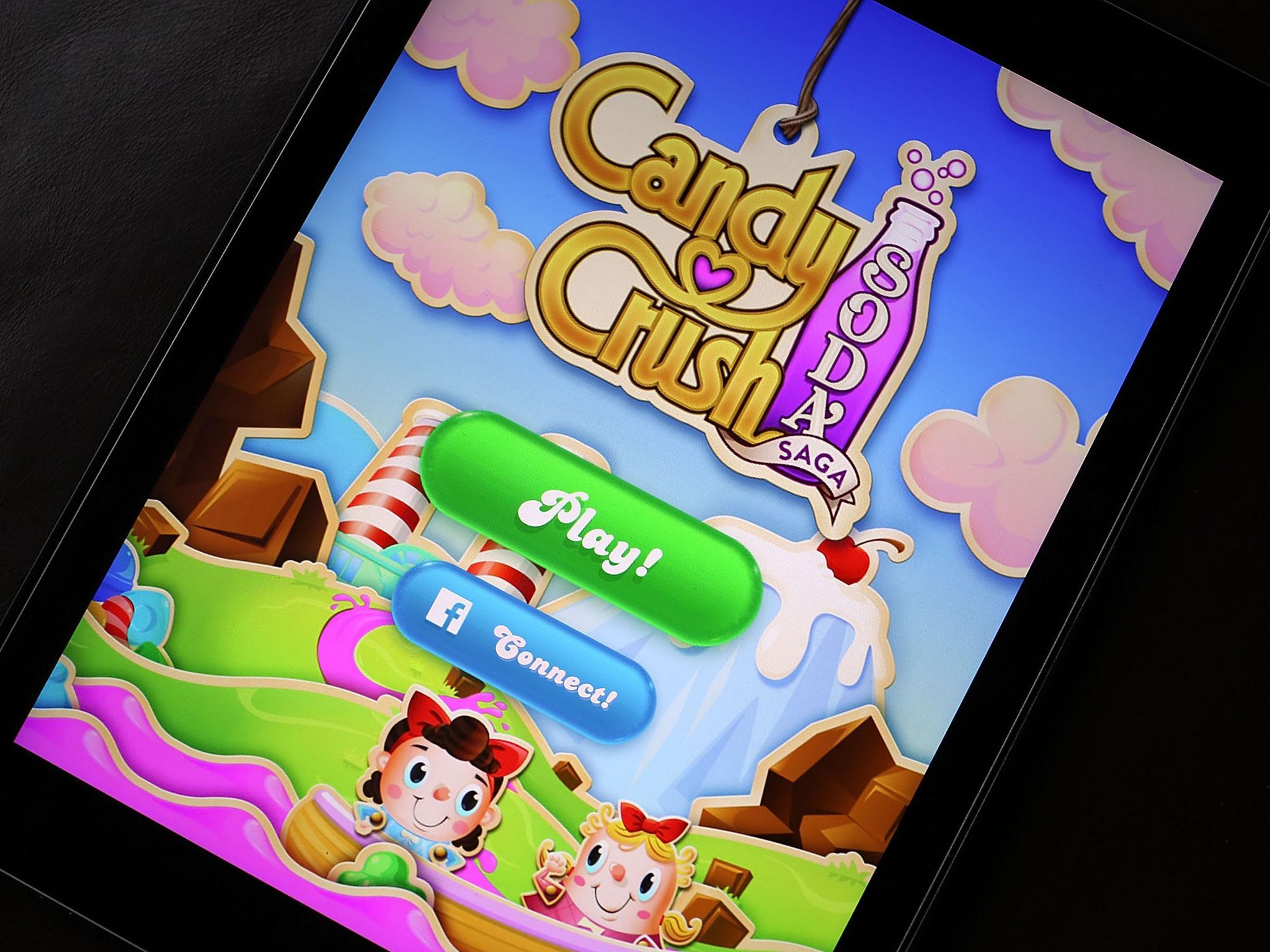Candy Crush might be fun and games for you, but it cost Activision Blizzard £3.9bn
On Tuesday it was announced that King Digital Entertainment had been purchased by the video games behemoth which makes the dollar-munching duo World of Warcraft and Call of Duty

Given the right circumstances, my wife can occasionally be found gazing at her smartphone screen; her countenance only rescued from its Sphinx-like inscrutability by a rainbow of cutesy colours emanating from her iPhone. She appears to be gazing through a portal into a neon-only world of magic and distraction from which she desires no release. And she is, because she is playing Candy Crush. As of this week, she and trillions like her have ensured that the owners of this world-conquering game of fruity nonsense could slap a near $6bn (£3.9bn) price tag on their business and be perfectly confident that someone would pay. And pay they have.
On Tuesday it was announced that King Digital Entertainment, the London and Stockholm-based makers of the aforementioned eye-straining, cute-as-a-button hour-killer had been purchased by Activision Blizzard, the video games behemoth which makes the dollar-munching duo World of Warcraft and Call of Duty.
It's no secret that the vast majority of people who play these two titles are male. So, given that 80 per cent of the near-500 million monthly players of Candy Crush are female, you can guess why Activision Blizzard was so keen to throw its pocket money around. It just got the whole human race sewed up.
Now, for a corporate takeover like this to cost the purchaser £3.9bn is not so unusual. But these are games we are talking about. Like dominoes, for crying out loud. Hardly seems possible. Especially when, only about five years after the emergence of video games in the early 80s, the market looked dead and buried. They called it the Great North American Video Game Crash.
The crash rolled on from 1983 until 1985. It was essentially a recession limited to just the video games industry which, bear in mind, had only been viable since the first rudimentary Pong games had appeared in the late 70s. Just prior to the crash, revenues had exceeded $3bn, but by 1985, they dropped a spectacular 97 per cent.
Sadly, one of the biggest names of the burgeoning business, Atari, went under despite (or perhaps because of) it having been the fastest-growing American company in history up to that point.
Obviously, the industry bounced back (and how), but it was Japan which swooped in and cleaned up, its Nintendo Entertainment System becoming omnipresent in Western, and particularly American, homes by 1987.
The mention of Atari still gives me shivers and also illustrates the sheer desirability of that console in the early 80s. I was one of the first people in my school to get one, but sadly I was only permitted to have and love it for about two weeks. Apparently, one of my neighbourhood's more discerning teenage gangs had heard about my acquisition and, sure enough, on returning from a family trip to Gran's one day, we discovered that our house had been burgled. My Atari was gone. Game over, man. Game over.
Subscribe to Independent Premium to bookmark this article
Want to bookmark your favourite articles and stories to read or reference later? Start your Independent Premium subscription today.

Join our commenting forum
Join thought-provoking conversations, follow other Independent readers and see their replies